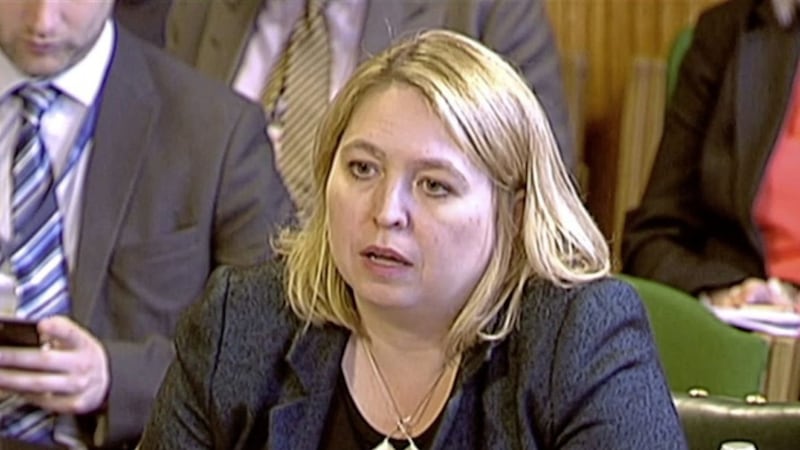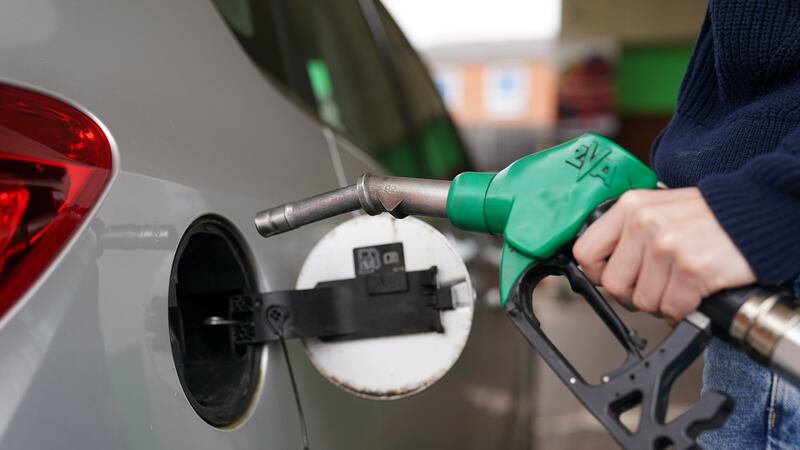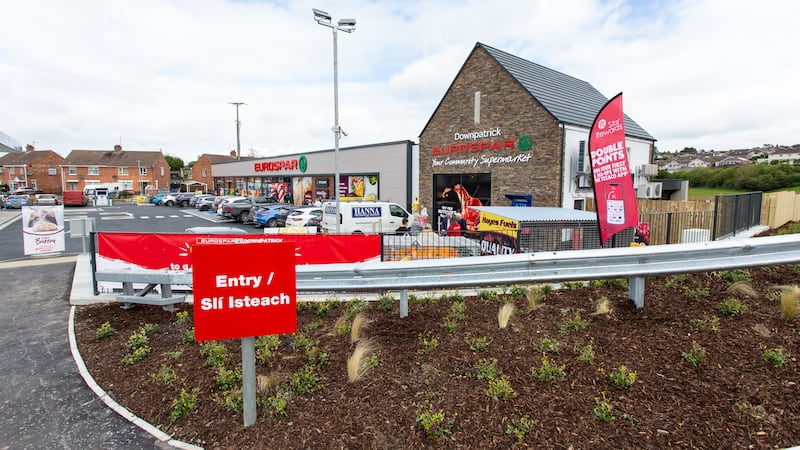A CUSTOMS partnership between the UK and EU would make finding a resolution for the post-Brexit border easier, according to the secretary of state.
Karen Bradley suggested that when it came to ensuring a frictionless border, a situation where the UK collected tariffs on the EU's behalf for goods intended for countries in the customs union would be preferable to the so-called maximum facilitation – or max fac – model being considered by the British government.
Brexiteers in Theresa May's cabinet are opposed to the customs partnership proposal but pressure is growing on Britain to present its preferred solution ahead of next month's European Council.
Mrs Bradley told Westminster's EU Scrutiny Committee yesterday that both the customs partnership and max fac options were "on the table" and could "potentially be made to work".
"There is no doubt that a customs partnership hybrid model makes the Irish border situation easier, there is no doubt that the question of the Irish border is resolved by the customs partnership in an easier way than maximum facilitation," she said.
The secretary of state said she was keeping an open mind about both options.
She reiterated her position on the EU's "backstop" option on the border, which would see alignment of Northern Ireland-related matters with the EU.
"We don't want the backstop to happen – we want to solve the issue of the Irish border through the overall EU/UK relationship," Mrs Bradley said.
"Option B is that we resolve it through both the UK/EU relationship but with specific provisions for the unique circumstances of Northern Ireland – the backstop is not where anyone wants to be."
The secretary of state also insisted there would be no new cameras on the border after Brexit.
Meanwhile, the Department for Exiting the European Union (DexEU) has insisted that the UK is leaving the customs union.
The department was responding to reports suggesting that Britain was considering remaining in the customs union indefinitely to help overcome the vexed issue of the Irish border.
In what is being cast as a 'third option', RTÉ reported that Downing Street is considering full alignment with the EU internal market for several years after Brexit.
The report said the Dublin government and the EU Task Force were open to the idea but with strict conditions, as it would require checks on goods coming into Northern Ireland from Britain to ensure they comply with EU standards.
It would also require European Court of Justice oversight.
A DexEU spokesman said: “In December we agreed that a backstop option to avoid a hard border between Northern Ireland and Ireland and protecting the constitutional and economic integrity of the United Kingdom should be translated into legally binding text in the Withdrawal Agreement.
"We stand by those commitments but the prime minister has been clear that in its current drafting, the EU's version of the backstop legal text is unacceptable and we continue to negotiate."








